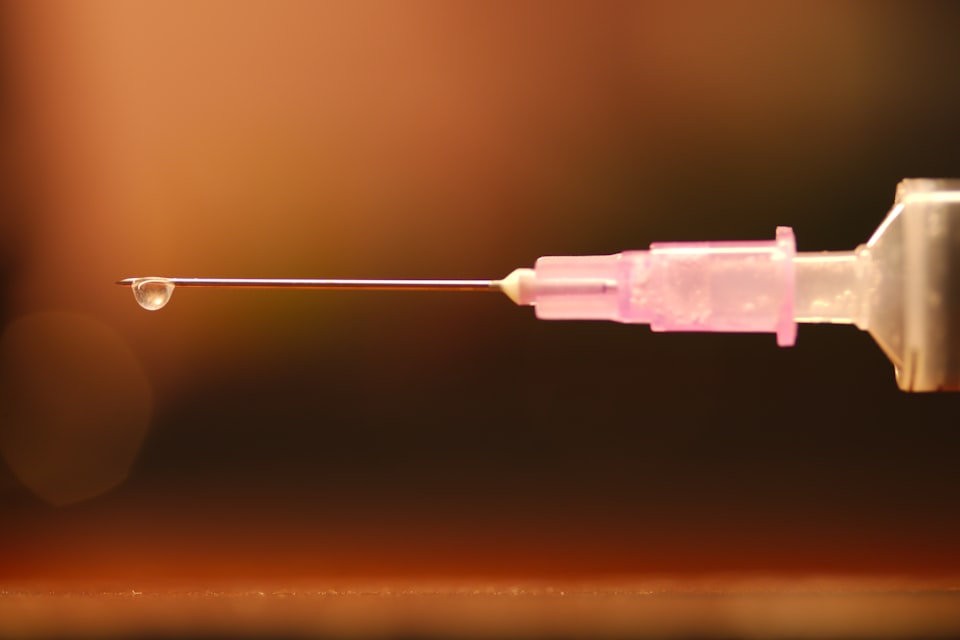Is anaesthetics for me?

The things they don’t tell you at medical school
I am currently a core trainee in my third year of anaesthetics training.
Luckily for me I love the speciality and have no regrets with my choice.
However I do feel that there are a lot of aspects to the specialty and training programme as a whole that I did not know until I started the job. They say that the best way to find out which speciality suits you best is by speaking to trainees on the “shop floor”. I hope that by being open and honest about the things I find good and not so good about the speciality you will feel a bit more informed when you decide if anaesthetics is for you.
The good
- No ward rounds!
Enough said? I don’t think I’m alone in finding ward rounds quite tedious and inefficient so this is something I definitely enjoy about anaesthetics! Obviously if you decide to dual train in ITU then this particular advantage doesn't apply.
- Practical skills
Anaesthetics offers a good mix of applying in depth knowledge of physiology, pharmacology and physics alongside the opportunity to perform numerous practical skills from intubation, regional blocks to central lines.
- Avoiding the frustration
It’s probably not news to you that currently our NHS is overwhelmed with a lack of patient flow being a contributing factor. The lack of social services and support available leads to many medically fit patients being stuck on the wards and an ever increasing number of patients waiting in A+E for beds. As an anaesthetist I find that we largely avoid having to work within this frustrating environment and can focus on sick patients who need medical intervention.
- The training
I think trainees in all specialities would agree that the anaesthetic programme offers the most actual training rather than just service provision. For the majority of your first few years of training other than when you are on-call, you will be in theatre one-on-one with a consultant providing multiple teaching opportunities.
- Friendly colleagues
This may be a generalisation and specific to my personal experience but I have found that anaesthetists tend to be extremely friendly and approachable. I would have no concerns phoning the on-call consultant overnight for advice or to ask them to come in if I felt out of my depth.
- Immediate results
A satisfying part of the job is how quickly you see results. On the wards you tend to initiate a management plan and see the response over the next few days, whereas most of the drugs we use work within seconds/minutes.
- Teamwork
The theatre is a very team centred environment and you will be working with surgeons, scrub staff, anaesthetic assistants etc. on a daily basis.
- Variety
You may be suprised to learn that the job of an anaesthetist can be quite varied. There is the obvious theatre work which can range from emergency surgery, paediatrics, using general anaesthesia or regional etc. As well as this we are also involved with the management of acutelty unwell patients on the ward, pain management and transfers to other hospitals.
The not so good
- Isolating
This may seem the exact opposite to the point above. By this I mean although you work within a team in theatre, as you get more senior you will find you might be the only anaesthetist on a particular list. Therefore, although there will always be someone you can ask for advice most of the time you will be working alone.
- Moving around
I think this is true for most hospital training programmes but this is something I didn't really understand before applying. The anaesthetic programme is divided into core training (3 years) and speciality training (4 years) each of which have a separate application process. Within this, you will change hospitals every year and during your speciality years there are certain sub-specialties that can only be done in tertiary centres (e.g. for a Kent trainee they would have to go to London to do neurosurgery and cardiothoracics). This can become more of an issue as you progress in your career and have more commitments so is something to think about when applying.
- Exams
I was deliberating on whether or not to include this as a “not so good” point. Yes anaesthetics has exams, as do all post-graduate training programmes, and yes they are quite difficult. They cover physiology, pharmacology and physics each of equal weighting and there is a written and oral in both core and speciality training. Although they are notoriously tough I personally do not think this should be a reason why someone would not apply and enjoy a potentially 30 year long career in a specialty they really enjoy.
- Shift work
As with all hospital specialties, being an anaesthetist will involve shift work for the rest of your life. Although I have recently spoken to a full time consultant who does 1 weekend in 13 and 1 on-call day a month so not too bad once you get there! You will also find that consultant anaesthetists tend to come in overnight more than other specialties. Whether this is because of clinical need or the culture of the specialty is to be debated, but it is something to consider.
This is definitely not an exclusive list and I’m sure that some of the things I find “good” about anaesthetics will be “not so good” for others and vice versa.
Overall, whatever specialty you chose it is important to be aware that this is a very challenging time for the NHS and we are likely to see significant changes in the coming years. I therefore believe that it is vitally important to choose a specialty you will enjoy in order to make coming into work everyday bearable. I can’t recommend anaesthetics enough and I hope this has helped you decide if it is the right specialty for you.
